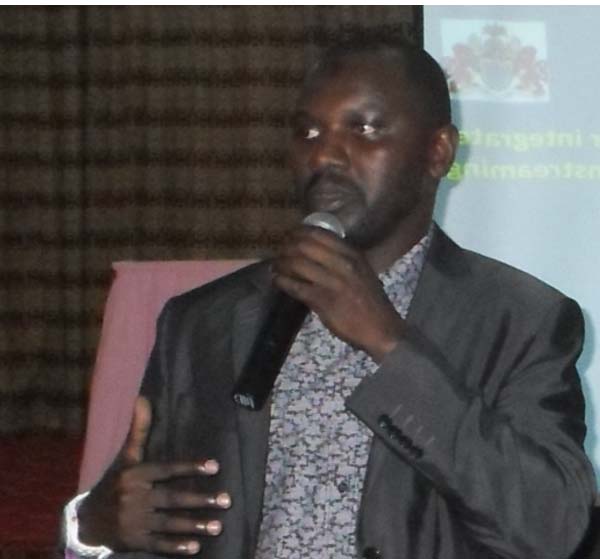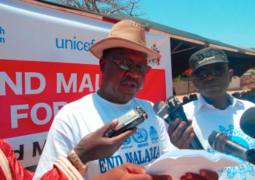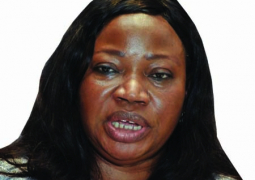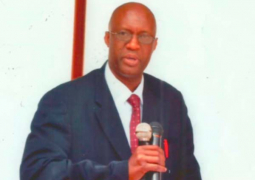
Momodou Jaama Suwareh, Director of Inter-Sectoral Network at the National Environment Agency (NEA), has disclosed at a recently held Integrated Coastal Zone Management (ICZM) Coastal Forum meeting that the objective of the Global Climate Change Alliance (GCCA) project is to contribute to the capacity of the Government and people of The Gambia in an effort to adapt to the increased climate variability and change.
In other words, the project would strengthen national level capacity to plan for and respond to climate change impacts in coastal areas and to provide support and guidance to mainstream climate change into our development planning.
The Gambia, he said, is highly vulnerable to sea level rise due to its low lying coastal areas, and the inadequate overarching and integrated coastal zone policy or consultation mechanism allowing for the harmonization of actions from different institutions in the coastal zone.
The one-day coastal forum held at the Sunswing Beach Resort Hotel was organised by the National Environment Agency`s GCCA project to The Gambia for the integrated coastal zone management and the mainstreaming of climate change.
The NEA coordinates the EU support project in collaboration with the National Authorizing Officer Support Unit (NAOSU).
According to Suwareh, the project is anticipated to address coastal adaptation to climate change, which would define and establish a participatory Integrated Coastal Zone Management (ICZM) process for The Gambia focusing on coastal adaptation, and mainstreaming of climate change into our development agenda that would define climate change policy that integrates measures into sectoral planning programming and budgeting.
The coastal forum is part of the implementation of activities of component one (1) of the project with the aim of bringing together stakeholders from the Government, Non-State actors, representatives of the private sector and NGOs through a broad-based coastal forum expected to provide inputs on key decisions related to coastal planning, as well as support the implementation of grant-funded activities, Mr Suwareh said.
The project coordinator, Famara Drammeh, said the knowledge and experience acquired from the forum would help people to understand the key coastal issues affecting the country’s various sectors and would contribute effectively to the ICZM process and mainstreaming of climate change issues in the national development plans.
Appealingly, he said, all stakeholders and officials must be aware of their responsibilities that include the sound management of natural resources taking into account the possible effects of climate change.
This means the implementation of local development and land occupancy plans would enable adaptation to climate change, good management of water resources, protection of habitats and important spices for farming and tourism, he said.
As there is a need to establish a monitoring policy directly involving affected communities, Drammeh said, there is equally a need to develop awareness to inform and make people understand the phenomena in progress and better implement local policies in the protection and management of land use.
The project coordinator further said there is also a need to establish a monitoring and evaluation policy and warning systems directly involving communities.
During the forum, presentation were done on Climate Change impact on The Gambia`s coastal zone, coastal vulnerability and climate change, climate policy, plans and strategies and overview of the grants thematic areas, guidelines and procedures.
Muctarr Jammeh of NAOSU said the GCCA project is a support to The Gambia for integrated coastal zone management and the mainstreaming of climate change funded by the European Union (EU) through the Gambia-EU cooperation.
He highlighted that the project is focusing on coastal adaptation and mainstreaming climate change into national development planning.





